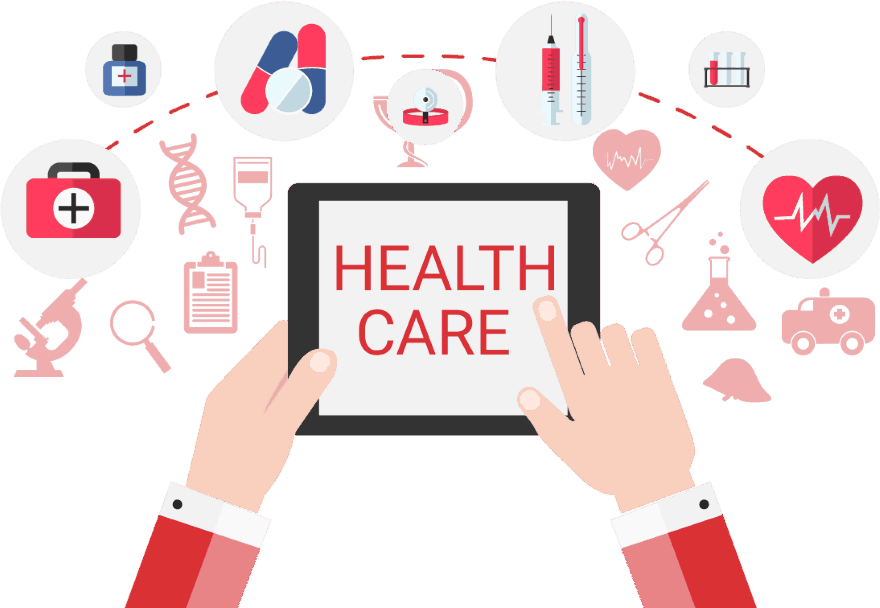
Electronic health records (EHRs) can be an effective tool, even the most important one, for health organizations seeking to provide whole-person care (WPC) to clients.
In whole-person care, medical professionals and behavioral counselors consider not only all of the client's physical health problems, but also their mental and behavioral conditions, social setting and economic status.
|
What are the Benefits of EHRs to Whole - Person Care?
The following are some benefits of EHR platforms and data that enable a provider partner to offer whole-person care to its clients:
- Immediate, comprehensive, accurate and timely data about the entire medical, mental and emotional condition of the client in a manner that is easily read by the medical professional
- Efficiency of care due to quick and easy access to all of a client's data and records as well as the expert opinions of other treating medical professionals
- Ease of sharing health data securely with other departments and with third-party organizations that are also providing treatment to the client
- More accurate diagnosis, which reduces medical errors and increases client safety
- Client freedom to interact with providers and input information directly as well as immediate access to their own health records
- Fewer prescription errors and excess prescription of medication
- Streamlined coding and billing procedures that increase accuracy and efficiency
- Protection of client data with enhanced cybersecurity measures
- Greater efficiency and work/life balance among the staff
- Reduced costs for the organization and the client by lowering time expenditure, paper use and treatment duplicity.
What do medical professionals think about the status of EHRs and WPC?
A Harris poll conducted in 2018 asked 521 primary care physicians (PCP) licensed to practice medicine in the United States about the use of EHR systems and profiles.
Of this group:
- 40% believed EHR systems present more problems than benefits
- Only 8% responded that EHR use is related to client treatment versus other purposes, such as data storage
- 72% cited a need to create a more user-friendly dashboard to enable clinical use of the data
This study's findings demonstrate that to promote whole-person care, EHRs need to be robust and designed with the end-user in mind. Despite this, two-thirds of the PCPs polled were satisfied with their current EHR system.
A robust EHR platform that can easily help in providing whole-person care should:
- Have quality data collection protocols that allow easy input of data into an intuitive dashboard. This allows for the data to be pertinent, accurate and comprehensive.
- Have automated data scrubbing capabilities so that the data that is collected is clean, precise and useful for analysis by the end-user.
- Have safe and secure storage of the data that can be easily analyzed by a multitude of health care professionals.
- Have a dashboard that visualizes the data analysis easily so that healthcare professionals can use this analysis to provide whole-person care.
|
If you would like to learn more about how Core Solutions' Cx360 program allows behavioral health and human services organizations to fully implement EHRs as well as gather and analyze the necessary data, all in one platform, request a demo of Core EHR solutions today.
